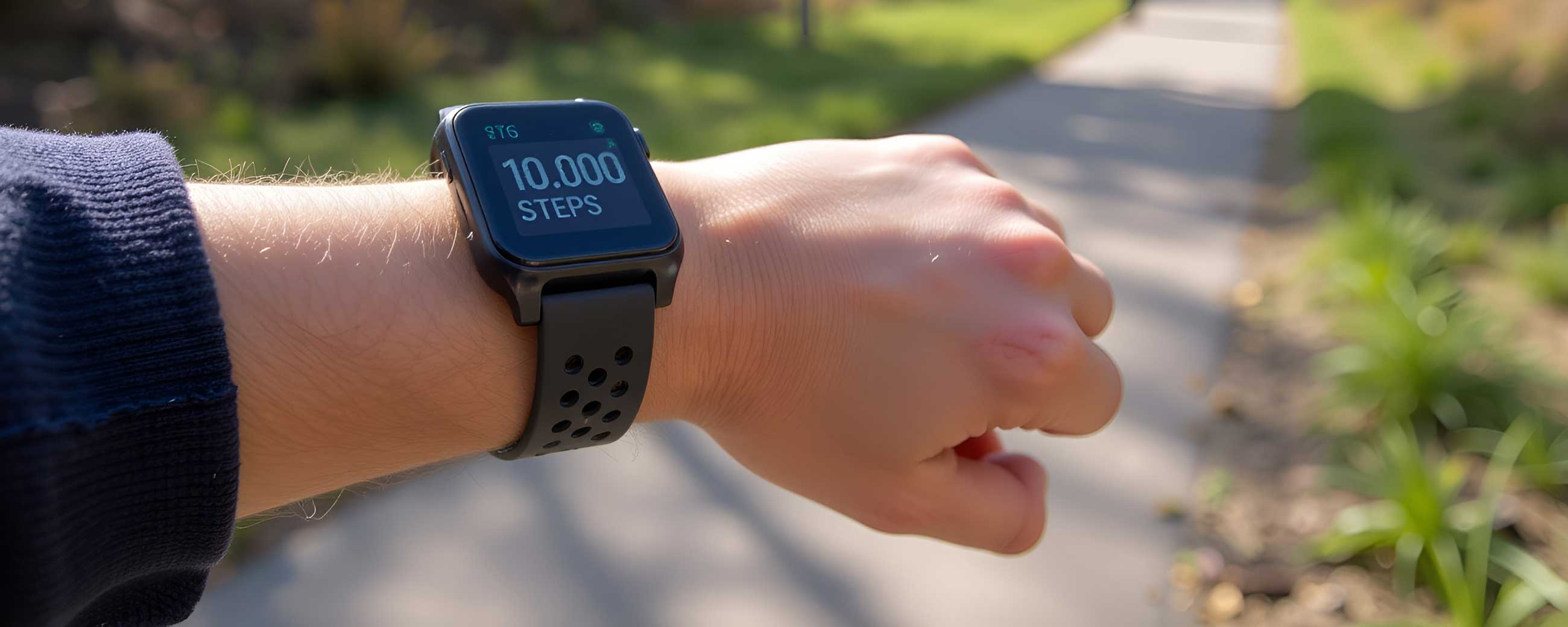
Diabetes Influencer Kim Rose Wants You to Know: Dieticians Aren't the Food Police
"You can master your condition. Live by the law of addition, not the law of subtraction."
Registered dietitian and certified diabetes educator Kim Rose works with all types.
She once had a client who was raising his grandchildren. When Kim looked for the cause of his elevated blood sugar, she discovered her client was eating his grandchildren’s leftover meals because he refused to waste food.Kim suggested he save his grandchildren’s leftover scraps and serve them at the next meal so that no food would be wasted. The children learned not to waste, and the client’s sugar levels improved.
She's also used the Bible to teach religious clients why it's important to eat better. Once a patient objected to lowering his salt intake due the many verses in the Bible about salt. "My Bible tells me salt is good for me,” he concluded. Kim thought for a moment, then responded. "But doesn't Corinthians 9:25 tell us that he who is striving for mastery is temperate in all things?" The patient agreed to adjust his diet.
Kim's philosophy of reaching people where they're at is what inspired her to start her Instagram account, the blood.sugar.nutritionist. With upwards of 50.5K followers, the channel’s aesthetic is fun, relatable, and educational. Factoids about how many carbs it’s really safe to eat coexist with recipes, laugh-out-loud memes, and educational videos. We interviewed Kim about all things diabetes and the inspiration behind her advocacy work.

Virta: Why did you decide to pursue a career in nutrition?
Kim: I was studying physical therapy when my uncle suggested I look into dietetics. I realized this is a field in which I can impact more people. Not everyone goes to physical therapy, but everyone has to eat everyday. We all have that common denominator that brings us together and that is food.
Virta: Where did your passion for education come from?
Kim: I’ve seen my own family struggle with diabetes. My uncle was diagnosed with diabetes, then given a list of foods not to eat. Although diabetes isn’t a terminal illness, he decided if he was going to die, he would die happy and continue to eat his favorite foods. He suffered through heart problems, dialysis, and amputations below the knee. He spent his last days in a nursing home and died at the age of just fifty-six. Since then, I’ve focused my dietetic practice on telling people not what they can’t eat, but what they should engage in to improve their health.
"We all have that common denominator that brings us together and that is food."
I also spent ten years working in a hospital setting and have seen patients who are intimidated by the white coat. They’re afraid to question medical authority. Many patients are frustrated because they don’t know what to do. Rather than being given a list of foods they can’t eat, what patients need most are nutritionists who say “Here are your options. Let’s work together to create a plan that suits your current lifestyle.”
Virta: Why did you start your Instagram account?
Kim: I want to reach as many people as possible. Millions of people are struggling with blood sugar issues. Through my Instagram and YouTube accounts, I can be a sounding board and attract people to evidence-based science.
I want to tell people what they can do rather than what they can’t do. You can master your condition. Live by the law of addition, not the law of subtraction. Rather than subtracting foods we love, let’s eat a balanced diet and add sleep, water, and exercise.
"I want to tell people what they can do rather than what they can’t do."
Virta: What would you say to someone who’s recently been diagnosed with diabetes?
Kim: First, breathe. Inhale. Exhale. Secondly, don’t go down the world wide web of trying to figure out what to eat. Ask for a referral to a dietitian. We’re on your side and we’re here to help. Lastly, equip yourself with knowledge. Knowledge is power and can prevent mortality.
Virta: What’s your advice for working around food cravings?
Kim: My philosophy is this: if you have a food craving, don’t ignore it. If you do, it will only get worse.
"Work with your body rather than against it."
Work with your body rather than against it. After a well-balanced meal, eat that cookie you’re craving. If you’re craving dessert, eat it during your midday meal when you’re most active. Portion size, placement, and food pairing (ex. Eating carbs with protein) are all important.
Virta: Why don’t you talk about weight in your practice?
Kim: You can be healthy living at a variety of sizes. The number on the scale doesn’t give us enough information (ex: fat mass versus muscle mass). Being weight-focused ignores that the weight is the result of something, so I choose to be health-focused rather than weight-focused.
To stay healthy, reduce stress, get adequate rest, eat food that’s good for you, and move your body. Exercise isn’t a sexy word. I call it ‘joyful movement’ instead. Moving your body makes your muscles more sensitive to insulin, so they eat up excess sugar.
Virta: What advice would you give someone who’s struggling to get their blood sugar under control?
Kim: Take your frustration and fear and hone in on diet and lifestyle. Seek outside help from a dietitian or counselor to prevent mental burnout from diabetes. Dietitians are especially underutilized. We’re not the food police; we’re your cheerleaders. We’re here to help you live your healthiest life.
If you want to live a healthier lifestyle, Virta Health may be able to help. By making healthy lifestyle changes in a medical setting with supportive resources like 1:1 virtual coaching, you can regain control of your health and feel like yourself again. See if you’re eligible for Virta Health here.

This publication is intended for informational purposes only and is not meant to be a substitute for professional medical advice, diagnosis, or treatment. Always seek the advice of your physician or other qualified health provider with any questions you may have regarding a medical condition or any advice relating to your health. View full disclaimer

Meghan Bea has lived with lupus for over a decade and is still learning about her disease. She began writing as part of her rehabilitation from a severe brain flare in 2014 and simply never stopped. Her work has been published in Hippocampus, Ravishly, Folks at Pillpack, Al Jazeera, and the Huffington Post. When she's not writing, she can be found cuddling with her rescue dogs, drinking bubble tea, and teaching students ages three to eighty-nine how to play the violin and viola.








